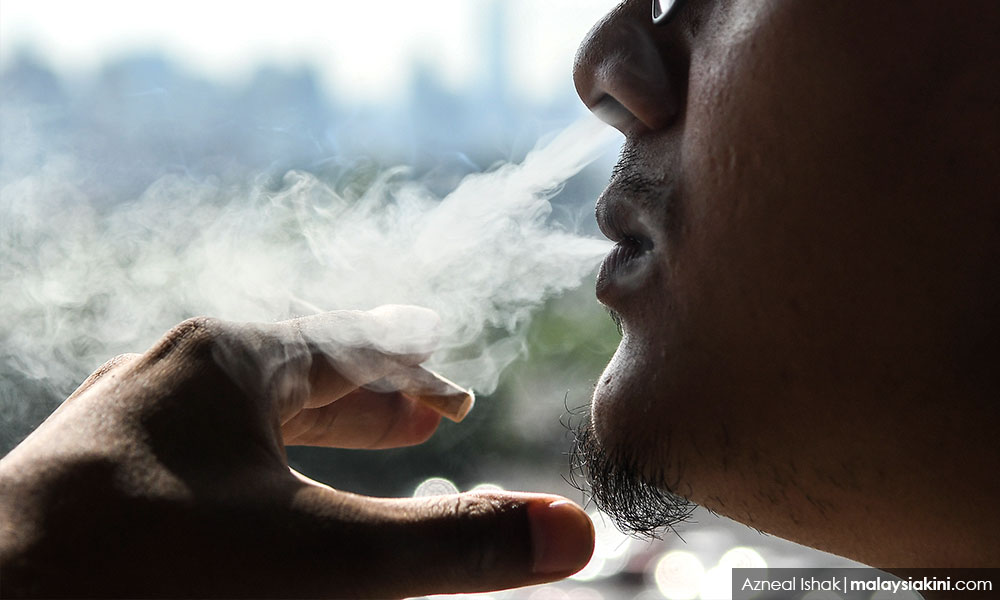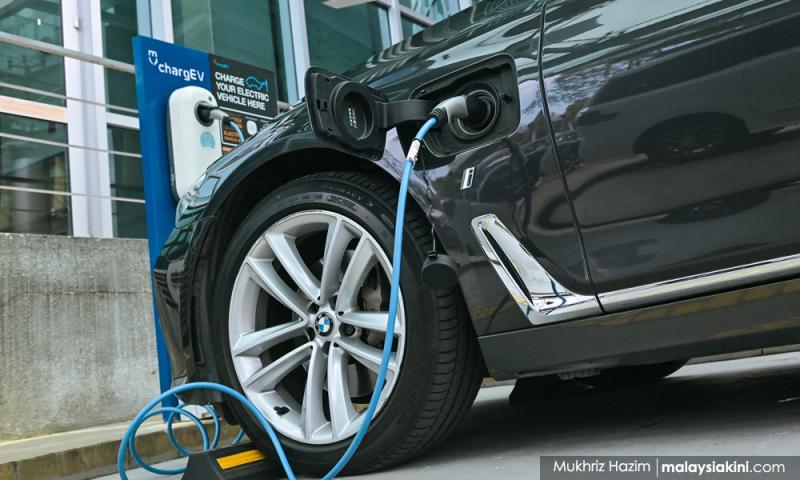LETTER | Forging a path towards more sustainable future
LETTER | In our ongoing battle against carbon emissions and climate change, electric vehicles (EVs) have emerged as a powerful ally.
Running on electricity and emitting no exhaust from their tailpipes, EVs have become a global symbol of our commitment to a greener future.
Across the world, nations are actively transitioning from petrol and diesel vehicles to EVs, and this monumental shift holds immense promise.
Take, for instance, the United Kingdom which, under the leadership of then-prime minister Boris Johnson in 2020, took a pioneering step by announcing a plan to ban the sale of new petrol and diesel vehicles by 2030.
The goal was to accelerate the adoption of EVs and reduce harmful emissions. However, under current Prime Minister Rishi Sunak, this ambitious timeline has been extended to 2035. This extension provides crucial additional time to prepare for the transition, recognising the initial high upfront costs of EVs and the need for expanded charging infrastructure.
Sunak's decision acknowledges the challenges faced by families coping with the rising cost of living. He also emphasised that second-hand petrol and diesel cars would still be available even after 2035. Nevertheless, this transition raises valid concerns, particularly regarding the increasing costs of electricity and gas in the UK.

Meanwhile, Malaysia is also on the path to transition towards EVs, a move that holds immense promise. This shift not only reduces our reliance on subsidised petrol but also opens the door to greener and more sustainable energy sources, such as solar power.
The positive impact of EVs on air quality, especially in densely populated urban areas, cannot be overstated. However, the current reality is that EVs are primarily accessible to high-income households due to their substantial price tags.
This situation bears some resemblance to Malaysia's efforts to reduce smoking prevalence. The government's aim to ban the sale of cigarettes and tobacco products to those born after 2007 aligns with a broader strategy to combat non-communicable diseases (NCDs) caused by smoking-related complications.
The projected cost of treating these NCDs in 2030 is a staggering RM9 billion. Consequently, the Malaysian government is rightly focusing on regulating not only the traditional tobacco industry but also the multi-billion ringgit vape industry.

Malaysia can draw valuable insights from Japan's remarkable achievement in reducing smoking prevalence by nearly 40 percent from 2002 to 2019.
Japan's success story is closely tied to its introduction of heated tobacco products in 2014, transforming it into the largest market for such products globally. A significant contributing factor is the conscious choice of Japanese smokers to prioritise their health.
Much like EVs, heated tobacco products are engineered to heat tobacco without combustion or smoke production. Extensive research indicates that these products result in lower exposure to harmful substances linked to cancers, heart disease, and respiratory problems compared to traditional cigarettes or vapes. If they effectively reduce health risks and aid smoking cessation without attracting non-smokers to tobacco use, heated tobacco products hold the potential to benefit public health.
As Malaysia contemplates these critical transitions, it may benefit from conducting an in-depth study of Japan's success in reducing cigarette sales and improving public health. This comprehensive analysis can provide valuable insights and inform effective strategies for a healthier and more sustainable future.
In conclusion, both the shift to EVs and the introduction of reduced-risk tobacco alternatives represent pivotal moments in our journey towards a cleaner, greener, and healthier world.
By embracing innovation and drawing inspiration from successful models, we can forge a path towards a brighter and more sustainable future.
The views expressed here are those of the author/contributor and do not necessarily represent the views of Malaysiakini.
RM12.50 / month
- Unlimited access to award-winning journalism
- Comment and share your opinions on all our articles
- Gift interesting stories to your friends
- Tax deductable
